Fieldwork
This listing expired on July 1, 2023. Please contact gbispo@campus.ul.pt for any updated information.
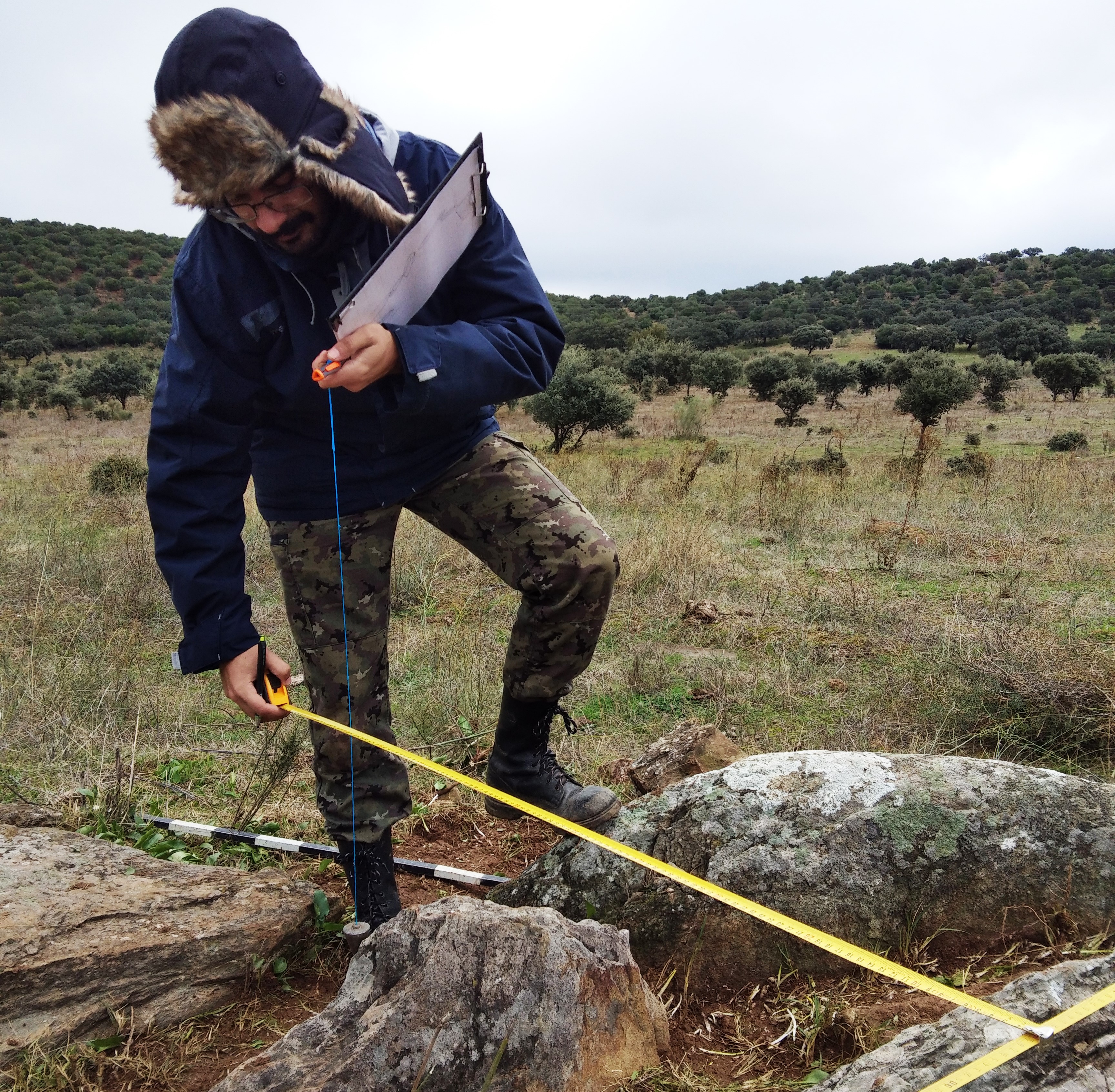

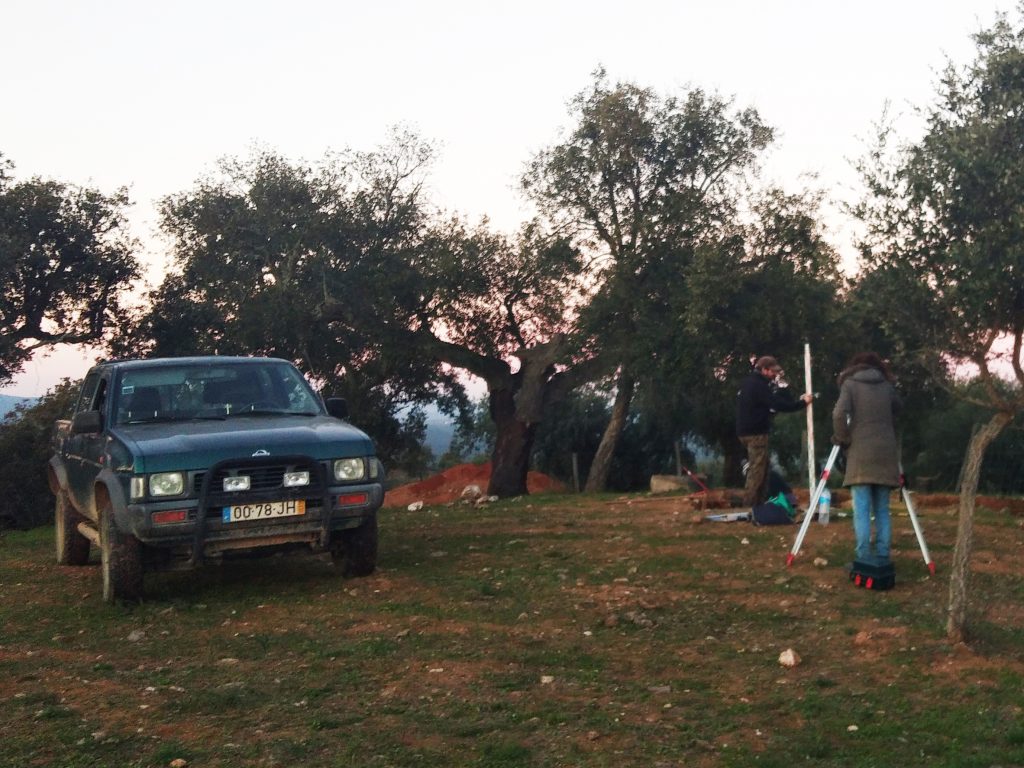
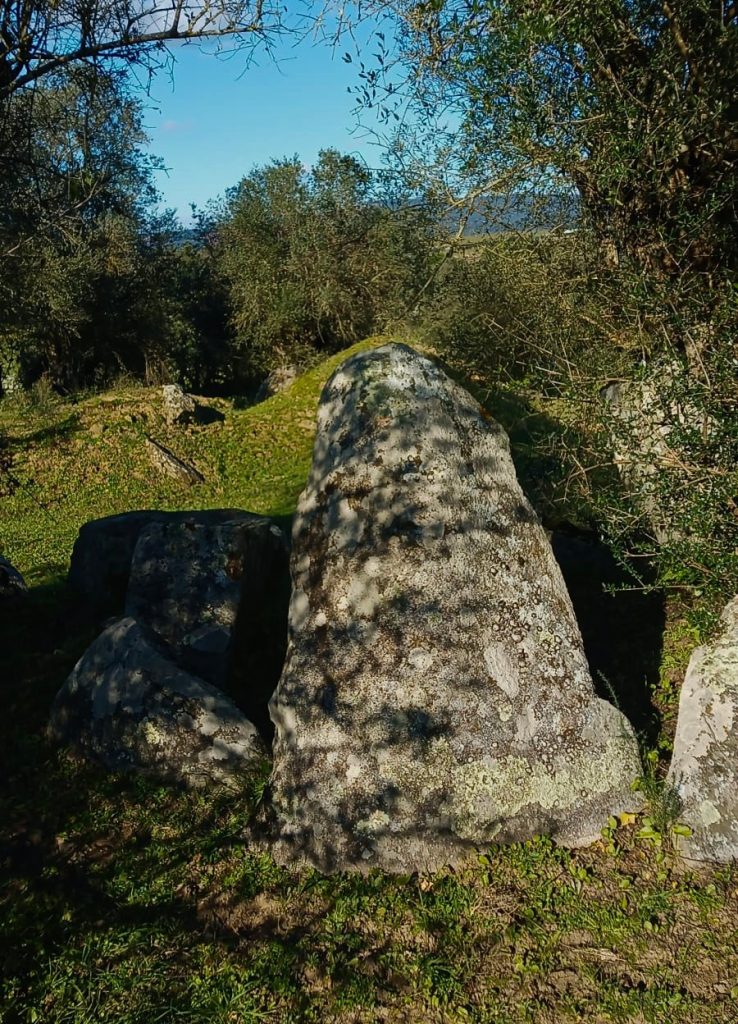
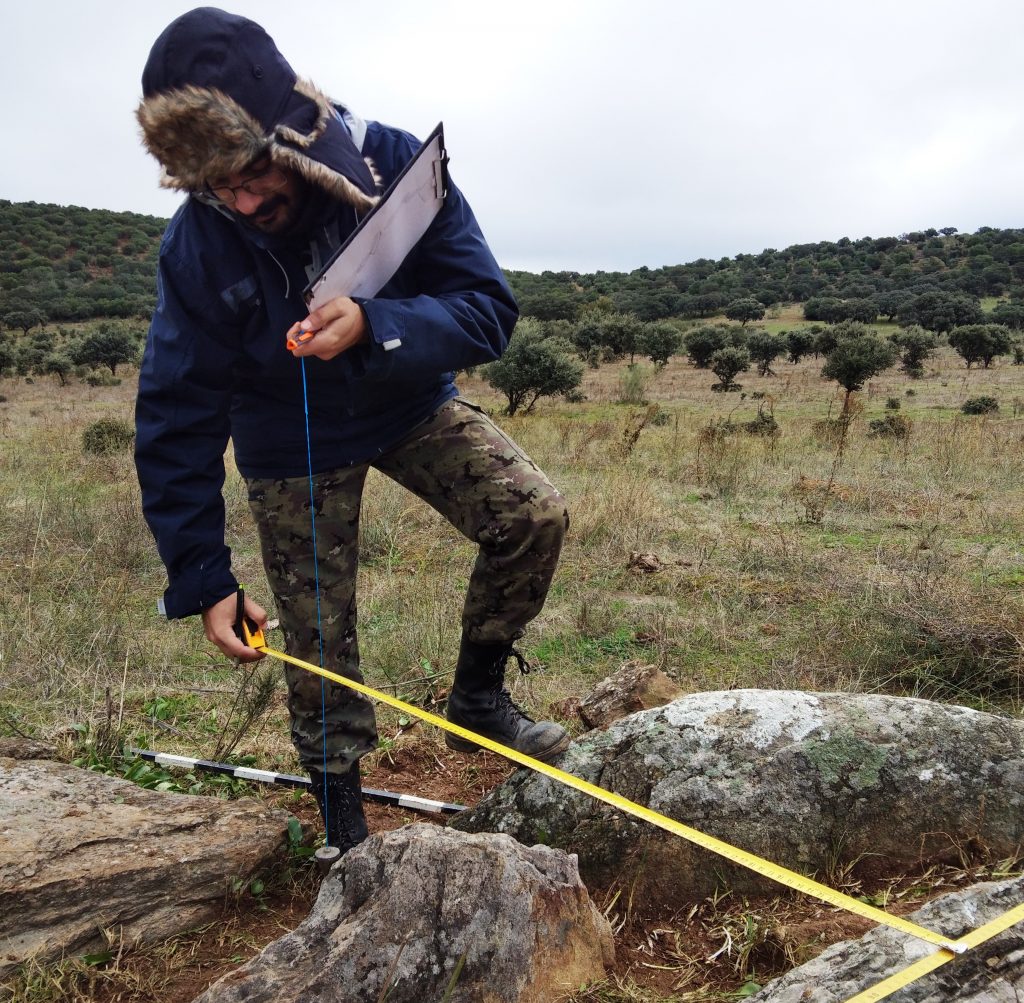
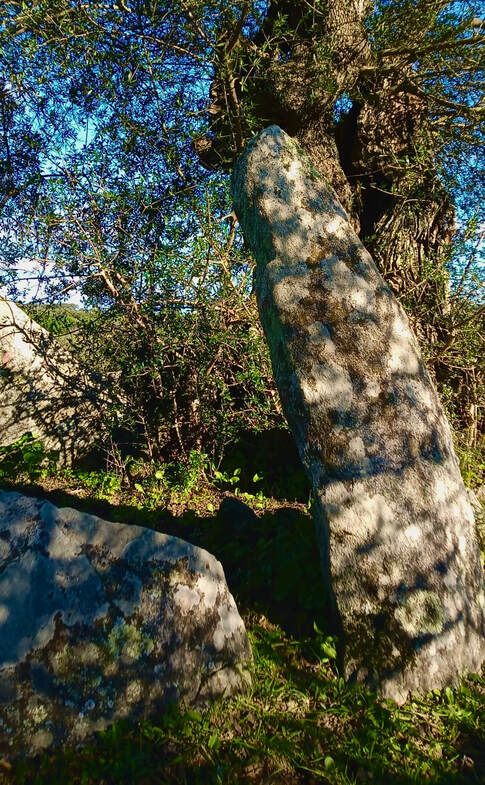
Location: M86M+J4 Monte Branco, Portugal
Season: May 14, 2023 to June 3, 2023
Session Dates: 3 Week Session: To be Announced
Application Deadline: April 1, 2023
Deadline Type: Rolling
Website: https://montebrancoproject.weebly.com/
Program Type:
Field School
RPA Certified:
No
Affiliation:
Monte Branco Archaeological Project
Project Director:
Rui Mataloto
Archaeologist & Cultural Officer, Municipality of Redondo
MA & BA in Prehistory and Archaeology, University of Lisbon
Gonçalo Bispo
MA Archaeology, University of Lisbon (in progress)
BA Archaeology, University of Lisbon
Project Description:
- *SPOTS ARE LIMITED – APPLY NOW!*
The Monte Branco Archaeological Project is investigating the Neolithic Dolmen of Monte Branco (Anta do Monte Branco), located near the town of Redondo in the Alentejo region of Portugal.
The Alentejo is particularly notable for its density of megaliths, such as cromlechs, dolmens, and menirs. Although dolmens are funerary structures, they provide us a great deal of insight into the lives of Neo-Chalcolithic communities.
Dolmens appeared in a period during which there was a significant shift in the every day lives of inhabitants all over Western Europe, a process that occurred about a thousand years prior in the Eastern Mediterranean, and a few thousand years before that in the Fertile Crescent. This process is referred to as the Neolithic Revolution and marked the shift to agriculture from hunting and gathering. The domestication of plants and animals, the production of hand-made pottery and polished stone tools, and the construction of megalithic monuments are all characteristic of the Neolithic.
On the Monte Branco Archaeological Project, participants will have the opportunity to learn more about Iberia’s prehistory through the excavation of this prehistoric monument. Prior experience in archaeology is not required – students (and any others) of all backgrounds are encouraged to apply. This field school will train students in archaeological methods, such as excavation techniques, recording, illustration, and the handling and processing of artifacts. The field school will take students on weekly field trips to historical and archaeological sites and towns in Portugal.
Students who wish to gain experience in field archaeology and have an interest in prehistory are especially encouraged to apply!
There is no minimum age though students under 18 will be asked to co-sign forms with a parent/guardian.
Please visit our website for information on scholarship opportunities and how to apply!
Period(s) of Occupation: Neolithic, Prehistoric, Chalcolithic, Copper Age, Megalithic, Stone Age
Project Size: 1-24 participants
Minimum Length of Stay for Volunteers: 3 Weeks
Minimum Age: None
Experience Required: None
Room and Board Arrangements:
Accommodation: Students will be housed together in the town of Redondo. The house is located very centrally. Most rooms will be shared by two or more students, and sometimes on bunk beds. Sleeping arrangements are gender-separated. There is no air conditioning in the houses. Spaces are communal - there is a shared kitchen, bathrooms, washing machine, and living room. Students are responsible for cleaning these spaces and doing the assigned chores. Students will do their own laundry.
Meals: On weekdays, the field school provides students with three meals per day. Breakfast is provided at the dig house and students are expected to prepare it themselves. Lunch is served at a local restaurant. Dinner is provided by a local restaurant but eaten at home. Students should expect to eat a great deal of local Alentejan cuisine. The project will do its best to accommodate dietary needs, but students must inform us of any dietary requirements, and/or allergies before paying the tuition. Due to the nature of Alentejan cuisine, we are able to accommodate vegetarian diets, but any other dietary requirements must be discussed with one of the directors.
Transportation: Students are expected to provide their own transportation to and from Portugal (Lisbon airport) as airfare is not included in the tuition. Once in Portugal, transportation will be provided by the field school. Upon arrival at the Lisbon airport on Sunday May 14, students will be greeted by either Rui or Pouca and brought as a group to Redondo. At the end of the three week session (Saturday June 3) students will be brought back to the Lisbon airport or elsewhere in the city if they plan to stay in Portugal a while longer after the project. Please inform us of your travel plans as far in advance as possible.
The Town: The town of Redondo is quite small but very friendly. During their free time, students are encouraged to explore and familiarize themselves with the town. Free wi-fi is available at the local cultural centre (closed on Mondays) - make sure you bring your own cellphone or laptop. If you’d like to get a phone plan (cellular data plans are very cheap in Portugal) you must do this at the airport in Lisbon - there will be no opportunity to do this at a later time. Students will also have access to the outdoor community pool (wi-fi is available at the pool café) - so make sure to bring your swimsuits! Please remember - members of the Monte Branco Archaeological Project are guests to the Municipality of Redondo, and your behaviour reflects not just you, but on ours and other projects based in the town. Respect for the town and its residents is of the utmost importance.
Field Trips: Each weekend, we go as a group on field trips around Portugal (Alentejo) and/or Spain to visit historical and archaeological sites, experience cultural events like concerts and performances, and relax at fluvial beaches. Trips typically take place on Saturdays with Sundays spent in Redondo relaxing and catching up on laundry.
Academic Credit:
We do not offer academic credit. However, we are happy to sign any forms you may need to get academic credit through your university.
The AIA is North America's largest and oldest nonprofit organization dedicated to archaeology. The Institute advances awareness, education, fieldwork, preservation, publication, and research of archaeological sites and cultural heritage throughout the world. Your contribution makes a difference.
Notifications